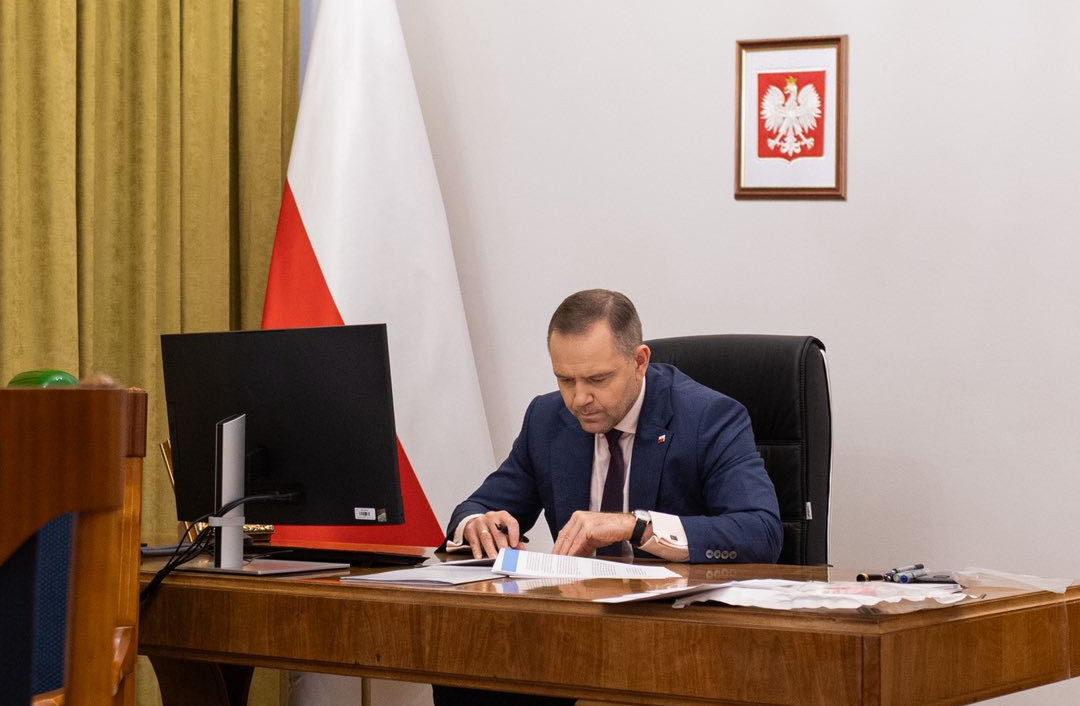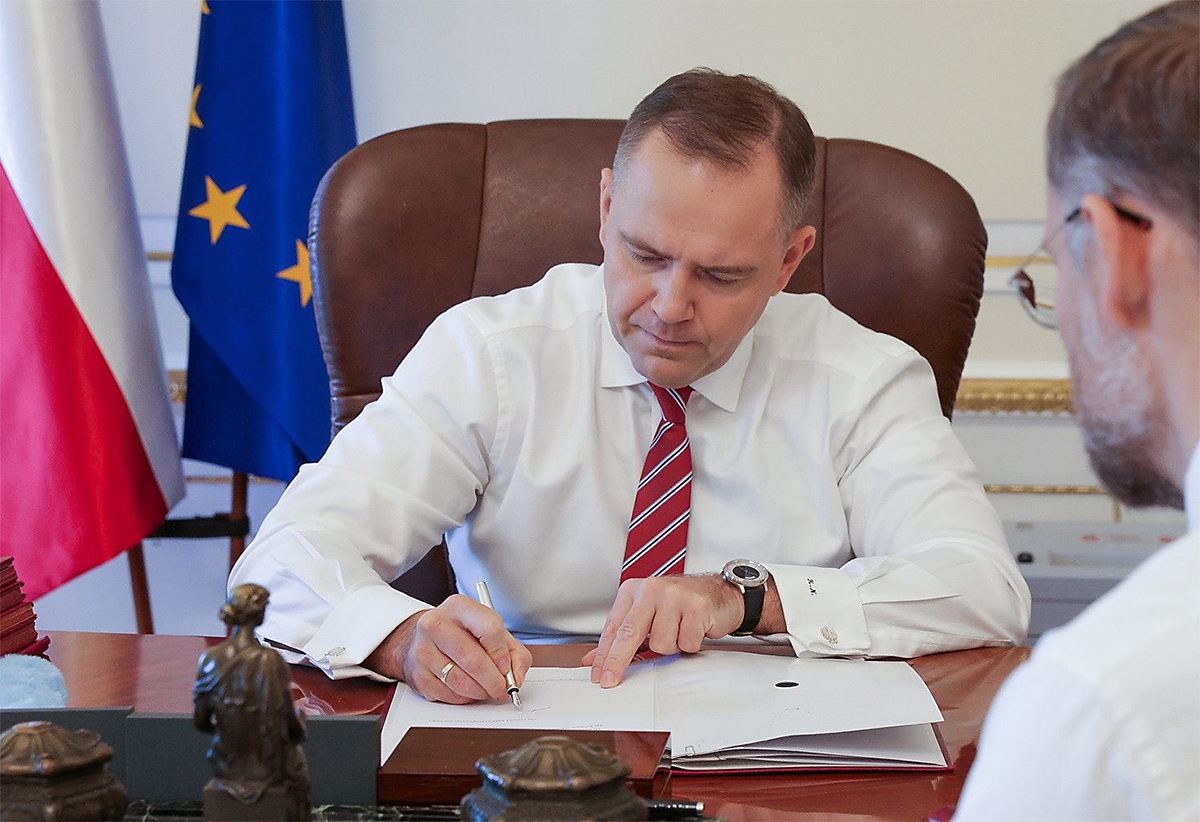Nawrocki Blocks Refugee Aid Law, Emphasizes Fairness for Poles

Polish President Karol Nawrocki vetoed a law on aid to Ukrainians who fled the war, expressing concern about social justice and the financial consequences for Polish society.
The Gaze reports this, referring to Onet and Interia.
The President of Poland noted that Polish society had shown solidarity by actively helping Ukrainian refugees.
“As a national community, we have passed a great test of solidarity and openness, also offering legal solutions in the areas of social policy and health care that have allowed many refugees from Ukraine to function in the modern socio-economic system,” he stated.
Nawrocki noted that Poland's strategic interests regarding the war in Ukraine have not changed, and Russia remains the main threat to the country's security.
At the same time, he stressed that the financial situation and public sentiment in Poland have changed significantly over the past 3.5 years of war.
“The law that was proposed earlier needs to be changed today. I am convinced [...] that 800+ assistance should be provided to refugees who commit to working,” said Karol Nawrocki.

In explaining his decision to veto the law, Karol Nawrocki pointed out the need for social justice for Polish citizens, saying that Poles in their own country should have at least equal rights with visitors from Ukraine, and offered his own version of the bill for further discussion in parliament over the next two weeks.
He also announced that the Office of the President would prepare a bill with new rules for granting citizenship.
Among the innovations proposed by Nawrocki is the extension of the rules for granting Polish citizenship not only to Ukrainians but also to representatives of other regions. The president proposed increasing the period of residence required to obtain citizenship from three to ten years and stressed the importance of a responsible approach to this process, as citizens have an impact on the future of the national community.
Another key point of the bill is to increase the punishment for illegal border crossing to five years.
In addition, Nawrocki proposed to include a section on “stopping Banderism” in the bill and to make appropriate changes to the criminal code, similar to the criminalization of Nazism in Germany.
It is worth recalling that the previous version of the law provided for the extension of temporary protection for Ukrainians until March 4, 2026, and clarified the conditions for payments under the “800+” program, including children who have graduated from high school and continue their education in higher education institutions or professional courses.
The Gaze previously informed that the foreign Ministers of Ukraine and Poland Andrii Sybiha and Radosław Sikorski discussed the implementation and preparation of the next packages of military assistance from Poland to Ukraine.